Democrats sweep first major elections of second Trump term
In a social media post on Nov. 4 night, Trump blamed the losses on the fact his name was not on the ballot and on an ongoing federal government shutdown.
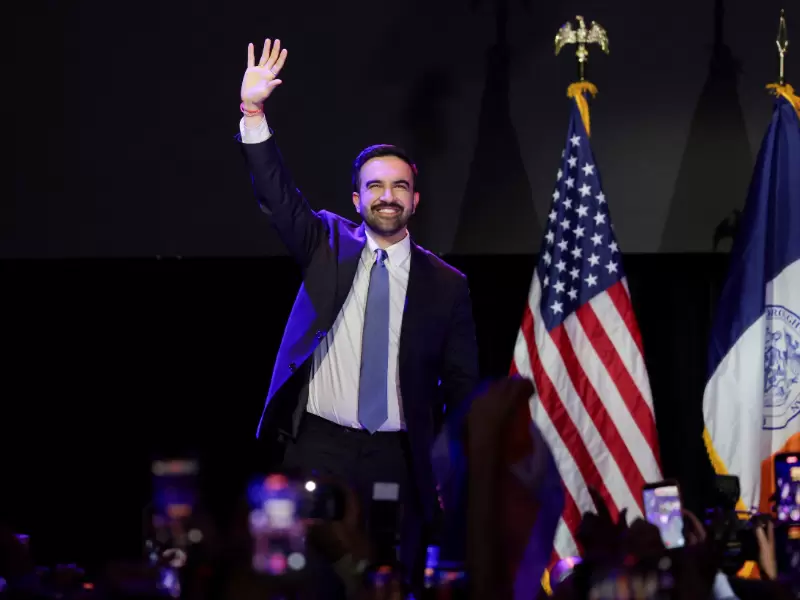 Democratic candidate for New York City mayor Zohran Mamdani reacts after winning the 2025 New York City Mayoral race, at an election night rally in the Brooklyn borough of New York City, New York, U.S., November 4, 2025. / REUTERS/Jeenah Moon
Democratic candidate for New York City mayor Zohran Mamdani reacts after winning the 2025 New York City Mayoral race, at an election night rally in the Brooklyn borough of New York City, New York, U.S., November 4, 2025. / REUTERS/Jeenah Moon
Democrats swept a trio of races on Nov. 4 in the first major elections since Donald Trump regained the presidency, elevating a new generation of leaders and giving the beleaguered party a shot of momentum ahead of next year's congressional elections.
In New York City, Zohran Mamdani, a 34-year-old democratic socialist, won the mayoral race, capping a meteoric and unlikely rise from an anonymous state lawmaker to one of the country's most visible Democratic figures. And in Virginia and New Jersey, moderate Democrats Abigail Spanberger, 46, and Mikie Sherrill, 53, won their elections for governor with commanding leads, respectively.
ALSO READ: NY elects leftist mayor on big election night for Democrats
"If anyone can show a nation betrayed by Donald Trump how to defeat him, it is the city that gave rise to him. And if there is any way to terrify a despot, it is by dismantling the very conditions that allowed him to accumulate power," Mamdani told a raucous crowd of supporters. "So Donald Trump, since I know you're watching, I have four words for you: turn the volume up."
Nov. 4's contests offered a barometer of how Americans are responding to Trump's tumultuous nine months in office. The races also served as a test of differing Democratic campaign playbooks ahead of 2026, with the party locked out of power in Washington and still trying to forge a path out of the political wilderness.
That said, the midterm election is a year away, an eternity in the Trump era, and opinion polls show the Democratic brand remains broadly unpopular, even as Trump's own approval rating has declined. The most closely watched contests on Nov. 4 also unfolded in Democratic-leaning regions that did not support Trump in last year's presidential election.
Perhaps the biggest practical boost to Democrats on Nov. 4 came out of California, where voters approved a plan to redraw the state's congressional map in the party's favor, expanding a national battle over redistricting that will shape the race for the U.S. House of Representatives.
The winning candidates on Nov. 4 could reenergize and inspire more engagement from Democratic voters, many of whom have clamored for fresh faces at the vanguard of the party. Turnout in the New York City mayoral race was the highest since at least 1969.
All three Democratic candidates emphasized economic issues, particularly affordability, an issue that remains top of mind for most voters. But Spanberger and Sherrill hail from the party's moderate wing, while Mamdani used a viral video-fueled insurgent campaign to present himself as an unabashed progressive in the mold of U.S. Senator Bernie Sanders and U.S. Representative Alexandria Ocasio-Cortez.
Mamdani, who will become the first Muslim mayor of the biggest U.S. city, outlasted former Democratic Governor Andrew Cuomo, 67, who ran as an independent after losing the nomination to Mamdani earlier this year. Cuomo, who resigned as governor four years ago after sexual harassment allegations that he has denied, portrayed Mamdani as a radical leftist whose proposals were unworkable and dangerous.
Mamdani has called for raising taxes on corporations and the wealthy to pay for ambitious left-wing policies such as frozen rents, free childcare and free city buses. Wall Street executives have expressed concern about putting a democratic socialist at the helm of the financial capital of the world.
Republicans have already signaled they intend to present Mamdani as the face of the Democratic Party. Trump has incorrectly labeled Mamdani a "communist" and vowed to cut funding for the city in response to Mamdani's ascension.
In a social media post on Nov. 4 night, Trump blamed the losses on the fact his name was not on the ballot and on an ongoing federal government shutdown.
Trump looms over races
Spanberger, who beat Republican Lieutenant Governor Winsome Earle-Sears, will take over from Republican Governor Glenn Youngkin in Virginia. New Jersey's Sherrill defeated Republican Jack Ciattarelli and will succeed Democratic Governor Phil Murphy.
Both Sherrill and Spanberger had sought to tie their opponents to Trump in an effort to harness frustration among Democratic and independent voters over his chaotic tenure.
"We sent a message to the world that in 2025 Virginia chose pragmatism over partisanship," Spanberger said in her victory speech. "We chose our Commonwealth over chaos."
Trump gave both candidates some late-stage grist during the ongoing government shutdown.
His administration threatened to fire federal workers — a move with an outsized impact on Virginia, a state adjacent to Washington, D.C., and home to many government employees. He froze billions in funding for a new Hudson River train tunnel, a critical project for New Jersey's large commuter population.
In interviews at Virginia polling stations on Nov. 4, some voters said Trump's most contentious policies were on their minds, including his efforts to deport immigrants who entered the U.S. illegally and to impose costly tariffs on imports of foreign goods, the legality of which is being weighed by the U.S. Supreme Court this week.
Juan Benitez, a 25-year-old restaurant manager and self-described independent voting for the first time, backed all of Virginia’s Democratic candidates, citing his opposition to Trump’s immigration policies and the government shutdown he blamed on the president.
For Republicans, Nov. 4's elections served as a test of whether the voters who powered Trump's victory in 2024 will still show up when he is not on the ballot.
But Ciattarelli and Earle-Sears, both running in Democratic-leaning states, faced a conundrum: criticizing Trump risked losing his supporters, but embracing him too closely could have alienated moderate and independent voters who disapprove of his policies.
ADVERTISEMENT
ADVERTISEMENT
E Paper
Video



 Reuters
Reuters
.JPG)
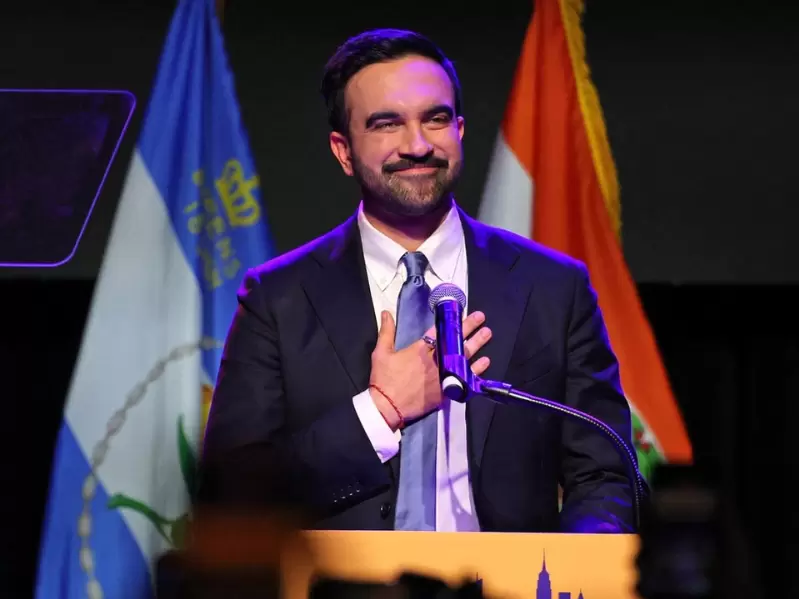
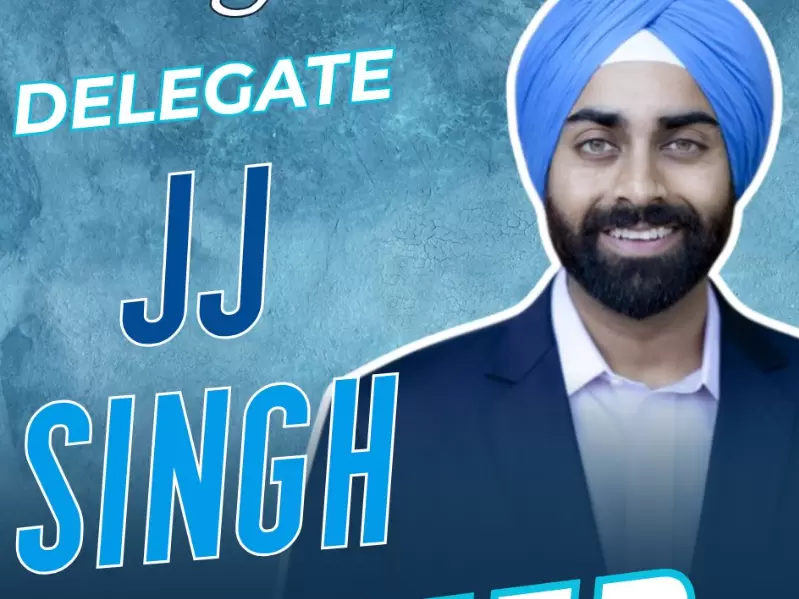

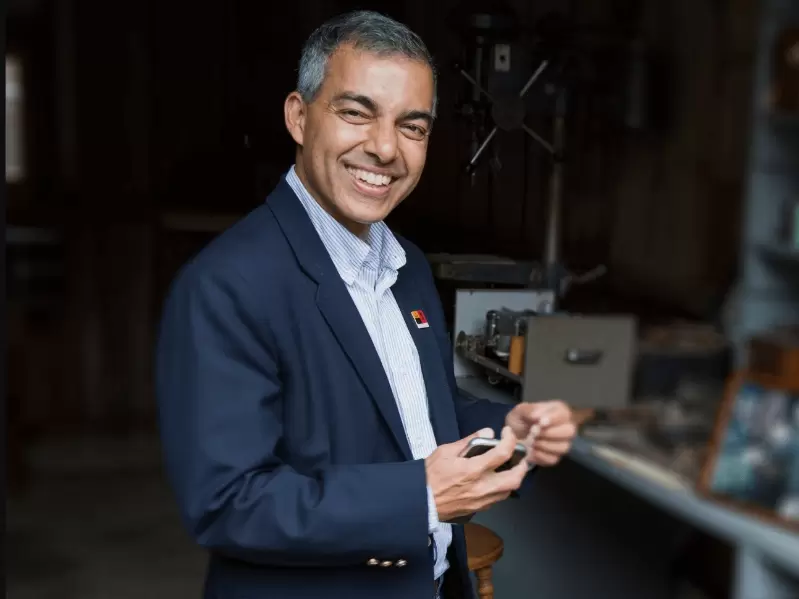
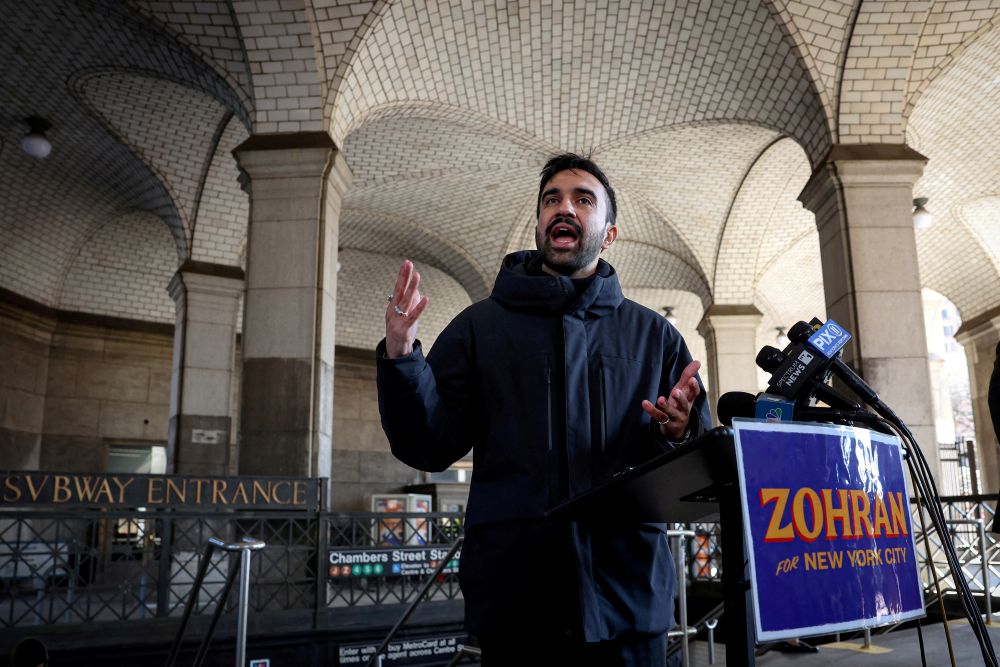
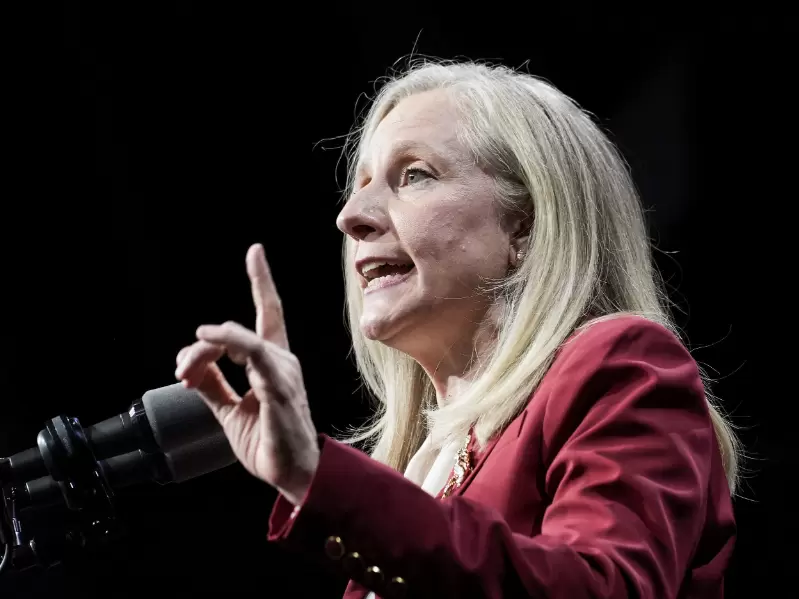
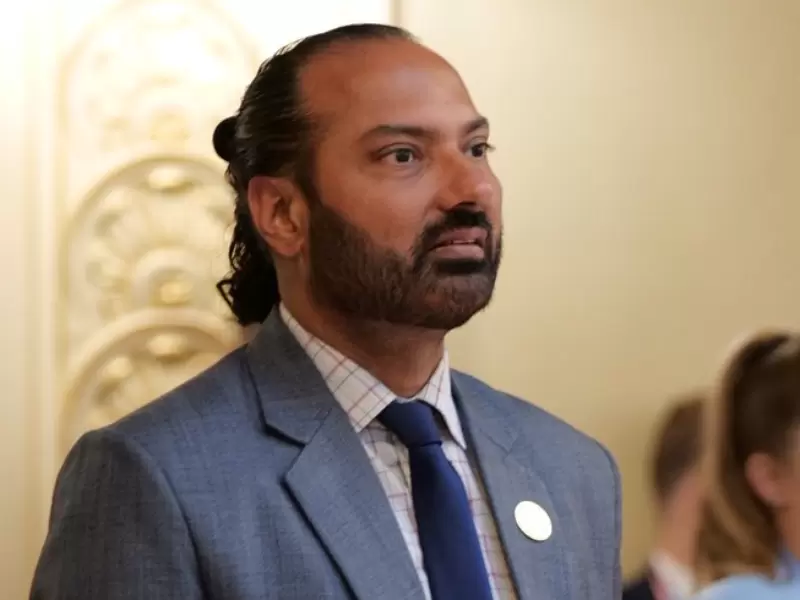
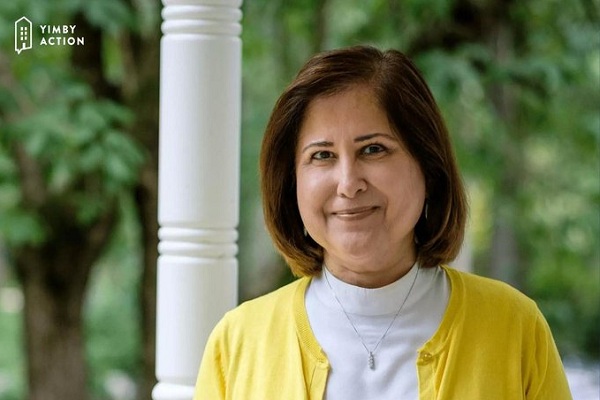
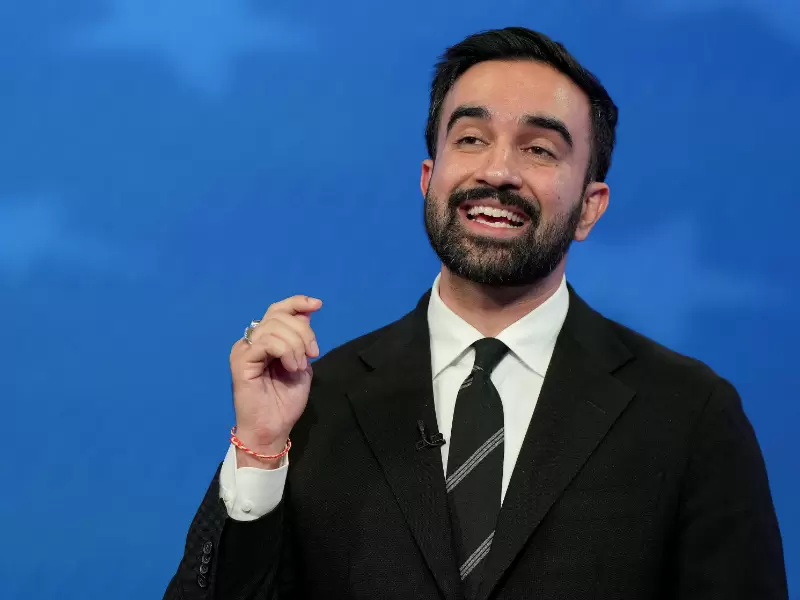

Comments
Start the conversation
Become a member of New India Abroad to start commenting.
Sign Up Now
Already have an account? Login